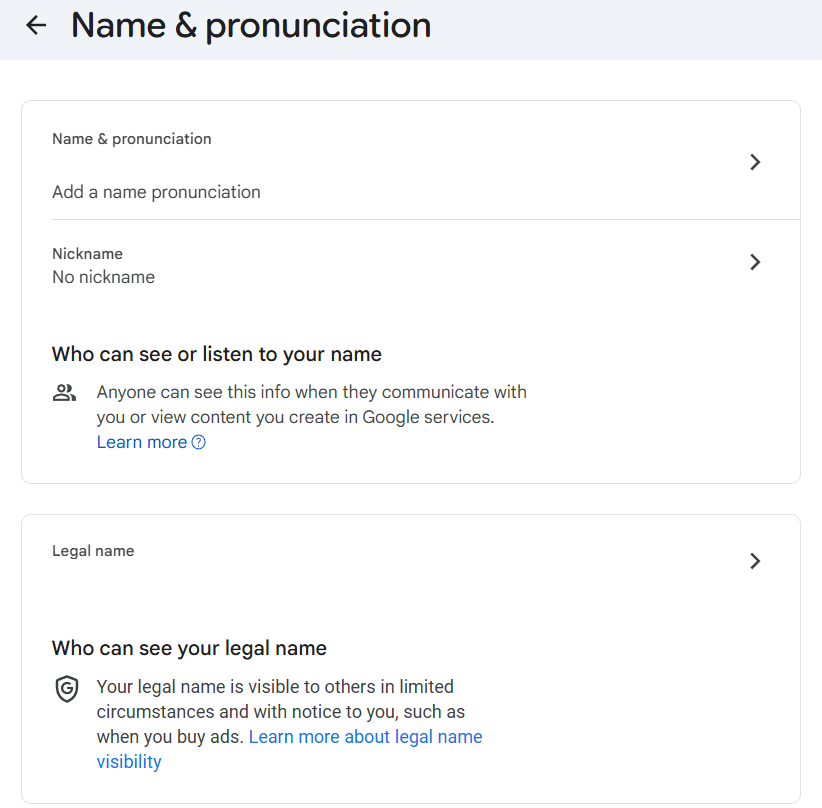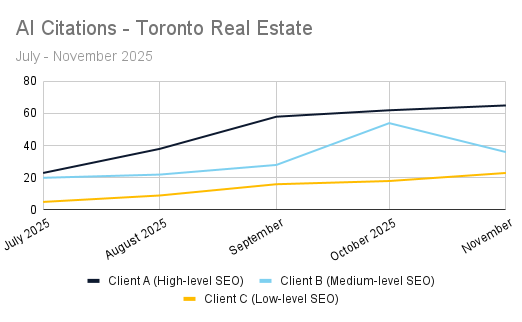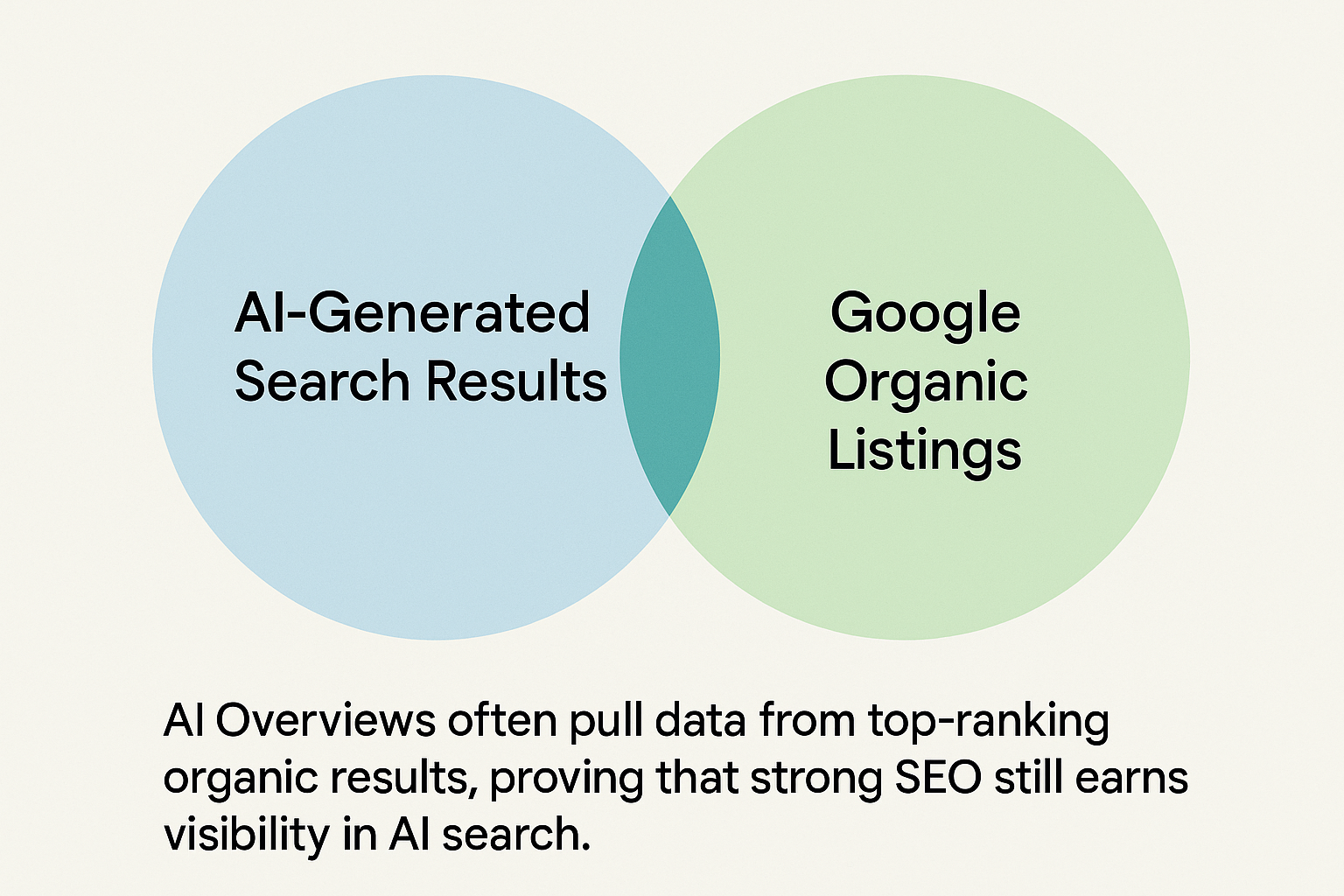7 Reasons Why URL Structure Is Essential for SEO
A well-structured URL may seem like a small detail in the grand scheme of digital marketing, but it can have a powerful impact on your website’s search engine performance and user engagement. Imagine stumbling onto a site with URLs packed full of random numbers and characters—chances are you’d feel uneasy about clicking through. By contrast, clear, concise, and descriptive URLs not only help visitors understand what to expect but also assist search engines in organizing and ranking your content effectively. In this article, we’ll explore why URL structure matters and how you can optimize it for better SEO results.

1. Enhanced Crawlability and Indexing
The journey to ranking begins with search engines discovering and understanding your pages. Search engine bots (or “crawlers”) systematically visit each URL on your site, gathering information to store in their index. When your URLs are clear and logical—such as example.com/blog/healthy-recipes—bots can quickly figure out how your site is organized and what each page contains.
- Use simple hierarchies: If you have categories and subcategories, reflect that in your URLs. This helps search engines see how your content is grouped.
- Avoid unnecessary parameters: Extra characters, like session IDs, can muddy the waters and lead to confusion or duplicate content.
- Leverage sitemaps: XML sitemaps direct crawlers to important pages, ensuring they don’t overlook essential areas of your site.
Optimizing your URL structure keeps everything neat and orderly, speeding up the crawling and indexing process so your new and updated pages appear in search results faster.
2. Improved User Experience
User experience is not just about design and navigation menus; it begins the moment someone encounters your URL. When users can glance at your link and understand what lies behind it, they are far more likely to trust your website and follow through to your content.
- Clarity: A URL like example.com/digital-marketing-tips instantly tells users what to expect, setting clear expectations.
- Consistency: Implement uniform naming conventions across your site. This not only looks professional but also makes it easier for visitors to find related content.
- Short and sweet: The shorter your URL, the easier it is to read, remember, and share. Long strings of random characters can be off-putting and lead to fewer clicks.
Providing a frictionless user experience fosters return visits and longer on-page dwell times—signals that search engines often interpret as positive indicators of quality.
3. Keyword Signaling
While search engines have grown more sophisticated in evaluating page relevance, including a primary keyword in your URL can still provide a minor boost and clarify the topic for both crawlers and users.
- Stay relevant: Choose a keyword that genuinely represents your content. Avoid stuffing multiple keywords into the URL, which can look spammy and turn off potential visitors.
- Use hyphens: Connect words with hyphens (e.g., example.com/top-SEO-strategies) rather than underscores or spaces. Hyphens are recognized as word separators, improving readability and clarity.
- Don’t force it: The URL should flow naturally. If it reads awkwardly, it might discourage clicks and undermine your credibility.
Think of including keywords in URLs as one extra puzzle piece in your overall optimization strategy. It won’t overshadow high-quality content or reputable backlinks, but it can be a helpful signal nonetheless.
4. Readability for Links and Sharing
When someone shares your link on social media or via email, the URL often appears alongside any custom text. A messy URL can deter clicks because people might worry about what they’re actually getting into. A clean, descriptive URL, on the other hand, sets clear expectations.
- Increased click-through: People are inherently drawn to clarity. A user is more likely to click on example.com/workout-tips-for-beginners than example.com/page?id=12345.
- Boost in social shares: Straightforward URLs often receive more traction on social platforms, as they look safer and more relevant to a given topic or community.
- Professional appearance: Visitors subconsciously judge a site’s professionalism by its structure, including URLs.
Higher shareability and click-through rates naturally lead to more visibility, brand exposure, and potential conversions.
5. Reduced Duplicate Content Risks
Duplicate content can be a thorn in any webmaster’s side. If your site inadvertently serves up multiple URLs for the same page—through dynamic parameters or various tracking codes—search engines might struggle to determine which version should rank.
- Standardize your links: Whenever possible, configure your CMS to generate a single, canonical URL.
- Use canonical tags: If duplicates are unavoidable, a canonical tag can direct search engines to the primary version of a page.
- Redirect old or duplicate URLs: If you consolidate pages, employ 301 redirects to preserve any ranking authority and provide a seamless user experience.
By managing your URL structure carefully, you reduce the risk of confusing both bots and users, ensuring that every piece of content gets the recognition and ranking it deserves.
6. Advanced Best Practices
Once you’ve nailed the basics, consider a few advanced techniques:
- HTTPS: Secure websites are a must. Search engines prefer secure domains, and users expect data protection.
- Naming conventions: Keep your category names consistent across the site to reinforce a logical hierarchy.
- Mobile-first indexing: Make sure your mobile site mirrors your desktop URL structure to avoid indexing inconsistencies.
These extra steps help build a strong foundation, ensuring your site remains flexible, organized, and ready to accommodate future growth.
7. Measuring the Impact
After implementing an optimized URL structure, track the results to see how your efforts are paying off:
- Organic traffic: Monitor increases (or decreases) in site visits from search engines using analytics tools.
- Index coverage: Check Google Search Console to confirm all important URLs are indexed without errors.
- Click-through rates: Higher CTRs often follow well-labeled URLs in search results.
- User metrics: Watch for lower bounce rates and longer session durations, indicating improved user satisfaction.
Assessing these metrics over time helps you refine your approach and maintain a clean, efficient structure.
Conclusion
A well-planned URL strategy sets the stage for better crawlability, a smoother user experience, and overall
SEO success. By ensuring your URLs are concise, descriptive, and free of unnecessary clutter, you make life easier for both site visitors and search engine bots. Whether you’re launching a new website or sprucing up an existing one, don’t underestimate the power of a carefully crafted URL—it’s often the first digital handshake between you and your audience, and first impressions matter.







